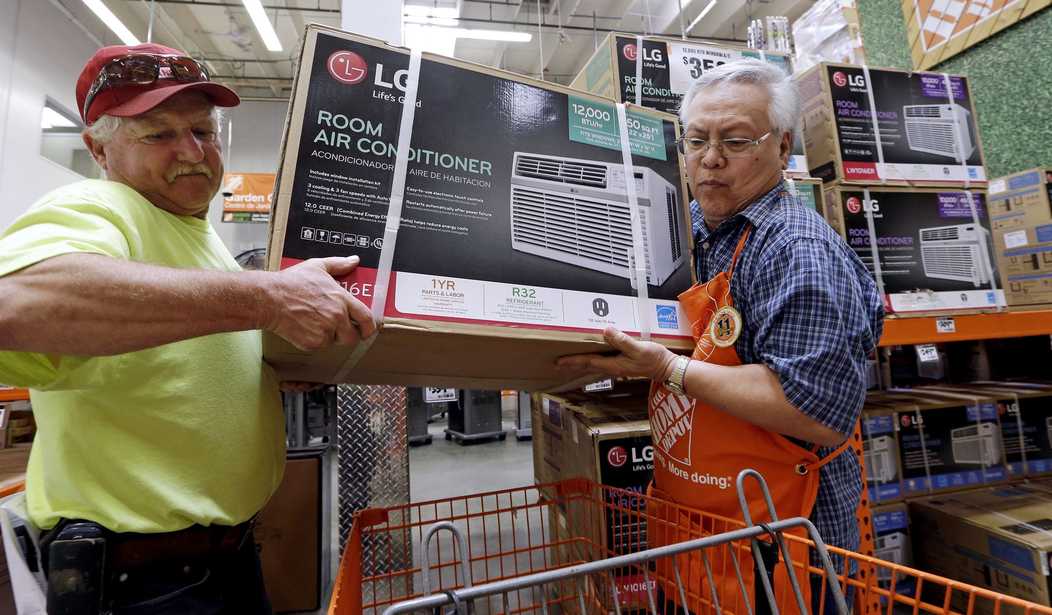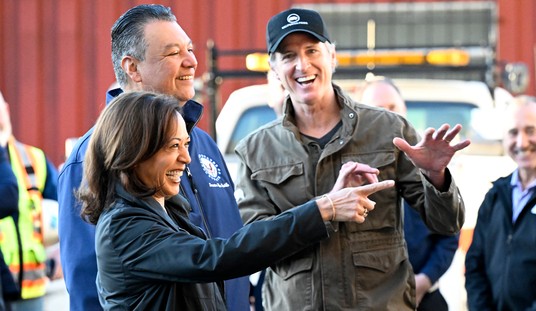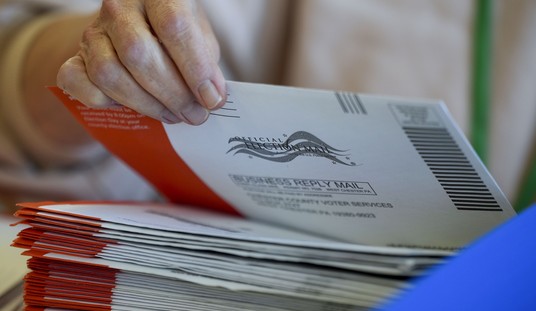Humans are a species pretty suited to warm weather. Oh, plenty of people live in cold climates, and some, like the various Inuit tribes, actually show some adaptations for cold weather, like short, stocky builds to conserve body heat. But for the most part, it's technology that allows us to exploit cold climates. We're not covered with thick coats of hair, we don't have layers of blubber (well, most of us don't), so we rely on technology, ranging from furs to furnaces.
The same applies to hot climates, especially humid ones. People get uncomfortable in places like Tucson, with its triple-digit summer heat, and in Alabama, with its cloying, sticky humidity. This was a problem for people living in these areas for many years, but in the early 20th century, a technological innovation changed everything for people living in those climates.
That invention? Air conditioning, or AC. AC, as we know it, started in 1902.
Willis Carrier is credited with the invention of the air conditioner in 1902. By 1908, the Carrier Engineering Corporation (a.k.a. the Carrier Corporation) was created as a subsidiary of the Buffalo Forge Company under the name “Carrier Air Conditioner Company of America.” It wasn’t until 1915 in the midst of WWI that the Carrier Engineering Corporation came to be as an independent corporation. Thus, Willis Carrier is dubbed the “Father of Air Conditioning.“
This changed everything.
Air conditioning technology isn't all that complicated. It's much the same technology that keeps stuff in your refrigerator cold. It uses a compressor pump and a refrigerant solution - for many years, it was Freon, now it's a variety of other substances - to move heat from one space to another. In the case of your refrigerator, it moves it out into the surrounding air. In the case of air conditioning, it moves heat out of your house to outside, using a heat exchanger.
That's probably quite an oversimplification, but those are the broad strokes.
AC is also a distinctly American thing. Even the great Benjamin Franklin experimented with an early form of AC, which used water in an evaporating cooler, similar to the "swamp coolers" that are still in use today. In the 1920s and '30s, AC started appearing in commercial spaces. In the post-WW2 years, it started popping up in residential homes. When I was a kid in the late '60s and early '70s, AC still wasn't common in homes; I remember finding it remarkable that some school chums of mine lived in town and had an air-conditioned home, and how great it was to step into their house and out of a hot, sticky Iowa August day. When I was in high school, on hot days, we would drive all the way to a bigger town that had an air-conditioned mall we could hang out in.
Now, though, in climates where it's useful, AC is nearly universal. Almost every home in Colorado, where we lived for many years, as well as in my childhood stomping grounds of northeast Iowa, has at least a window unit or two, if not central AC.
The Free Press's Bari Weiss makes some great points on how AC changed everything, not only in our homes but in industry.
AC allowed factories to operate through the summer—creating more productivity, prosperity, wealth, and American dynamism.
It’s allowed Americans to live in the most uninviting places in the country—ever been to Arizona or Texas in the summer?
And this very flexibility to live in places like Phoenix and Austin has shifted migration, demographics, and even our political map.
In Europe, the picture is a lot different. Our European cousins are still sweating it out in the summer. At present, in the United States, 90 percent of private homes are air-conditioned; in Europe, that stands at 10 percent. That's a big difference, and it's not because the United States is that much wealthier than Europe - but it is, at least in part, due to Europe being more deeply in the sway of climate change panic-mongers.
Read More: Fall Is Just Around the Corner, and I Am So Here for It
Alaska's First Heat Advisory - But Even the AP Admits It's Not Climate Change
Some groups are already complaining about emissions caused by AC.
The troubled history of air-conditioning suggests not that we chuck it entirely but that we focus on public cooling, on public comfort, rather than individual cooling, on individual comfort. Ensuring that the most vulnerable among the planet’s human inhabitants can keep cool through better access to public cooling centers, shade-giving trees, safe green spaces, water infrastructure to cool, and smart design will not only enrich our cities overall, it will lower the temperature for everyone. It’s far more efficient this way.
Efficient for whom? People who are sweltering in their formerly comfortable homes? Elderly people in particular are vulnerable to heat and humidity. What are they supposed to do? Go hang out at the mall? Is that even a thing anymore? Are we to emulate Europe, where as many as 175,000 people die of heat and heat-related issues every year? In the United States, that number is orders of magnitude lower. Do we want to keep it that way?
AC changed life in the United States. It has the potential to do the same elsewhere in the world. We should, yes, seek to make AC more efficient, more parsimonious with the energy it requires, but we must not give it up. We should expand, not reduce, the use of AC. It improves quality of life, it improves productivity, and it's good for public health.
Here in the Great Land, of course, almost no private homes are air-conditioned, at least not here in the Valley, where our weather is moderated by the nearby Cook Inlet. Why would they be, when the temps rarely rise above 75? On those rare occasions when the temps rise into the 80s, and it does happen, you'll see local traffic on the highways pick up. Why? Because while almost no homes are air-conditioned here, pretty much every newer vehicle is. Even here, AC can be valuable.
AC changed everything in our American lifestyles. It's a valuable technology, one that prompts growth, one that increases quality of life. We can't afford to let the climate scolds squander such a valuable invention. And try they are - if they had their way, people from Florida to Arizona would once again be sweating it out in the summer heat, in the former comfort of their own homes.














